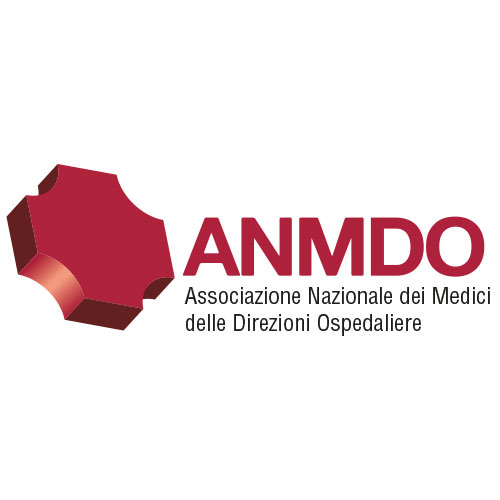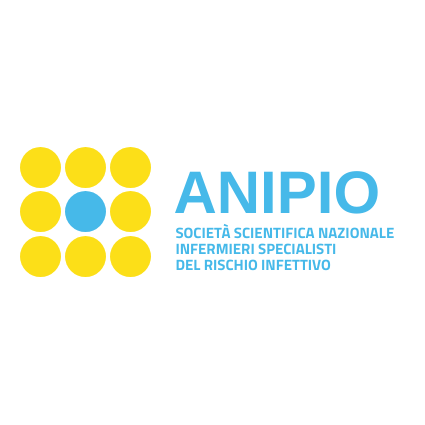
by cristiano | Oct 17, 2018
Proper hand hygiene reduces the skin microbial population, representing the basic measure to ensure hand decontamination. In healthcare settings, non-sterile disposable gloves – or “gloves” – do not replace hand hygiene, as they have different...

by cristiano | Oct 17, 2018
Traditional dressing of the surgical site should not be removed or replaced for 48 hours unless there is seepage, bleeding or clear signs of alterations in situ (in this case it should be replaced). The frequent change of medication is a useless activity and a waste...

by cristiano | Oct 17, 2018
Despite the cessation of diarrhoea symptoms, in many operating environments the patient is kept in isolation. Isolation and contact precautions must be maintained up to 48 hours after the last discharge of diarrhoea. Diarrhoeal stools transmit spores that can remain...

by cristiano | Oct 17, 2018
Often when assisting a patient with an “alert” multi-drug resistant organism, strict isolation in all areas (contact, aerial, oral, faecal, large droplets) tends to be applied. Before applying an additional isolation procedure, the source of the bacterium,...

by cristiano | Oct 17, 2018
During pre-operative patient pre-treatment it is common practice to use chlorhexidine-based antiseptics at 2%-4%. The 2%-4% chlorhexidine antiseptic solution is indicated in cases where decontamination/cleansing of the skin is required in patients with MRSA and...








Recent Comments